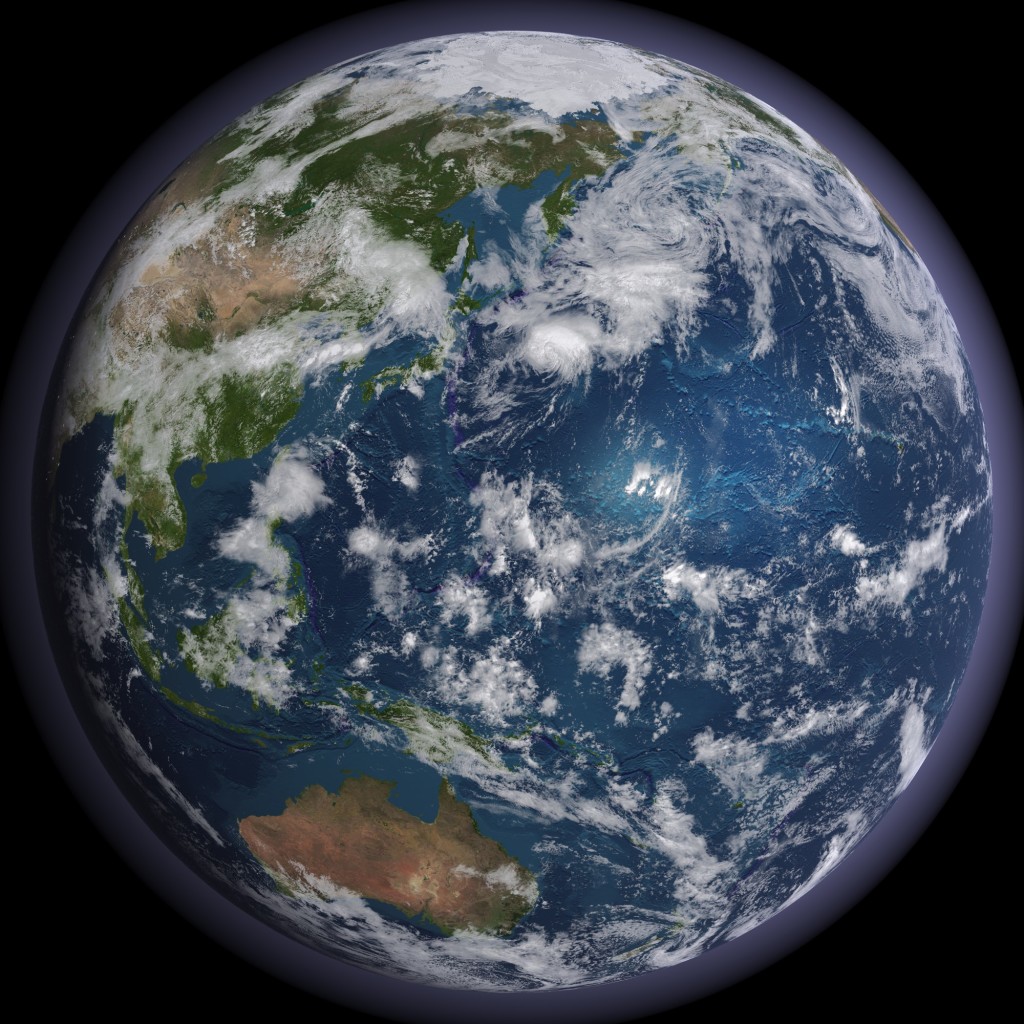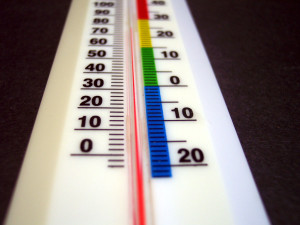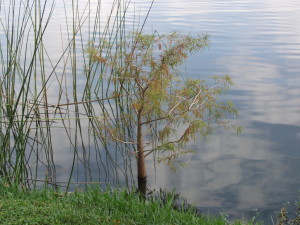Did you enjoy the fanfare? Did you go out and enjoy the celebration of our planet, the precious gift of life it provides for us and the day where everyone tries to remember just how precious the Earth really is?
Or are you like me, fearful that Earth Day has become nothing more than a Hallmark greeting card day, a day where words overwhelm actions and promises and pledges hide a lack of results?
Right now, the Earth is in a precarious balance. If you were born fewer than three decades ago, you have never experienced an outside temperature that was below the average temperature in 1901, according to the US National Climatic Data Center. The last time we experienced average temperatures below the 1901 average for the month was February of 1985.
In fact, the averaged overall temperature for both the land and the oceans has risen roughly 1.53 degrees Fahrenheit between the years of 1880 and 2012, according to the Intergovernmental Panel on Climate Change.
So what’s the big deal with the temperature rising? What are a few more degrees here or there? Everyone has been through a summer heat wave, right?
- Temperature plays an integral part in shaping weather patterns, which in turn guide the life cycle of many different organisms that we depend on. In fact, most plants have a specific temperature range in which they can flourish and survive. What would happen if the average temperature range of an area went outside the range that the plants needed to survive? What if those plants were the staple crop — what people used to feed their livestock, and even their families?
- An increase in the overall temperature means that area plants will transpire more — the process where moisture escapes through their leaves to the air around them. It’s more or less like sweating. Increased transpiration can lead to wilting, and even death.
- And a rise in temperature — even by a degree or two — would affect animal life as well. Many animals, including insects, use changes in temperature to guide them as to when to begin certain cycles in their lives. Many insects will die in the colder winter months, and flourish during the warmer months of the year. Anyone who has had problems with bugs and fleas on their pet knows this all too well. So what would happen if it never got quite cold enough for the insects to die off from the cold? Not only would animals, pets and people be miserable from all the bites, but many food crops would be laid to waste since there would be more insects to feast upon their tender leaves. And this doesn’t even touch on the potential rise in various diseases such as malaria, and Lyme disease carried by various insects.
- Believe it or not, winter weather — the long storms of unending snow, the cold, the wet, numbing days — yes, that has also been attributed to warmer overall temperatures — increased oceanic temperatures in fact. Essentially, warmer ocean temperatures mean more storms created over the oceans, which leads to more weather activity overall, even in the winter months.
So what can be done? What can any one person do?
Actually, one person can do quite a bit. While it may not seem like a lot, the actions of one person can not only inspire others to think about their daily routines, but every little action that helps the Earth get back into balance is vital. Here are a few things that you can do to help inspire people, nurture the earth and get things back into equilibrium.
- Drive less, and bike or walk more if you can
- Combine your errands — plan ahead and make one trip instead of two or three.
- Donate to food pantries and kitchens — instead of being wasteful and throwing out food, consider making a donation to a local food shelter. You’ll waste less, and they’ll gain.
- Plant trees to provide shade.
- Create a permeable driveway to help lessen the chance of flooding.
- Talk to your town and city planners — find out what their plan is to help deal with an increase in storms, extreme weather and temperature changes. See if there is something you can do to help.
- Shop locally.
- Recycle.
- If you’re a gardener consider teaching others how to do the same, and teach them a way to become a little more self-sustaining.
- Encourage others to do what they can to help.
- Have a dedicated water bottle or coffee cup — reduce waste and get your morning cup of joe!
Are there any more you can think of? How are you going to try and help the Earth?




